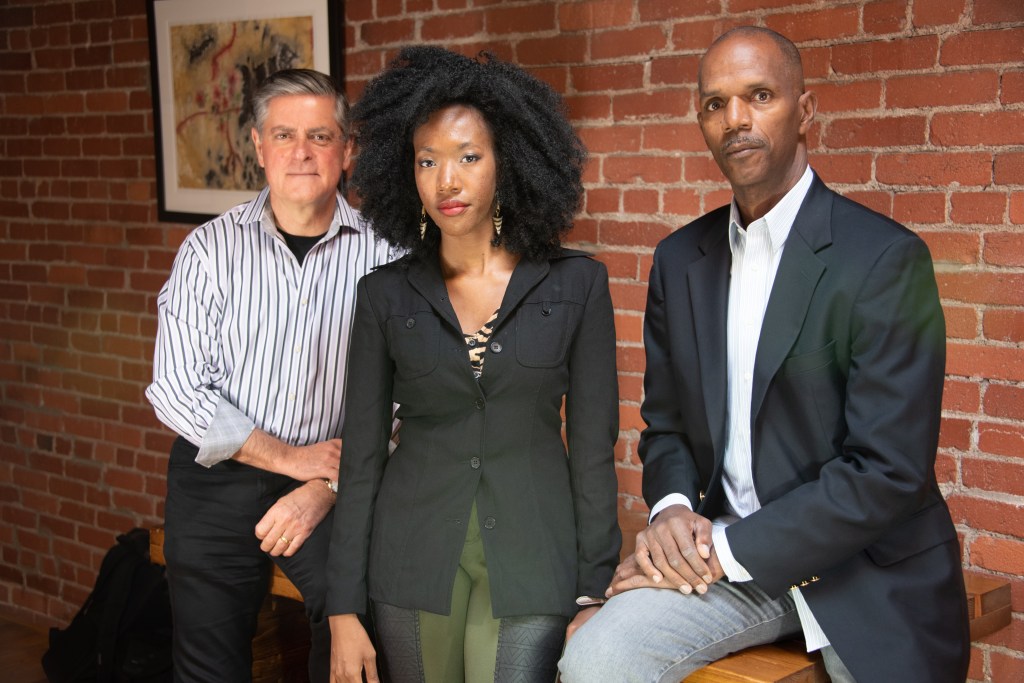
New climate tech VC firms have emerged in recent years, but existing ones are also raising larger funds. Founded in 2007, Dutch firm SET Ventures is one of the latter. Its fourth fund, which just closed at €200 million, is twice the size of its previous one, and will be deployed into 20 to 25 European startups making renewable energy more mainstream.
SET’s name, pronounced “set,” stands for Sustainable Energy Technologies. Its long track record of investing in European climate-focused startups and article 9 status, which requires a commitment to sustainability as a goal, helped it attract more capital than ever from a mix of corporate and institutional LPs. But managing partner Anton Arts is aware that a larger fund can drive early-stage firms toward writing larger checks at later stages, driving them away from their area of expertise.
SET plans to avoid this pitfall “by doing more deals, not doing different deals,” he told TechCrunch.
This means steering clear of making late-stage investments, except as follow-ons. “Our sweet spot is Series A, where we’ll write initial checks between €2 and €5 million,” Arts said. One recent example is German digital heat management startup Vilisto, which raised a €5 million Series A round from SET and others.
Check size won’t change, but SET’s thesis did evolve over the years to veer towards the digital side of things. “For this fourth fund,” Arts said, “we have formulated our mission to invest in the digital technologies that are needed for the carbon-free energy system.”
This makes SET different from World Fund, for instance: Danijel Višević, a managing partner at this climate-focused firm that recently closed a €300 million first fund, told TechCrunch that Europe was not concentrating enough on hardware for climate. In contrast, Arts believes that “hardware is, on its own, not going to achieve urgent climate goals.”
SET is still willing to invest in companies with a hardware element as long as the science works. Case in point: Its portfolio company Instagrid, which develops enterprise-grade portable chargers, went on to raise a $95 million Series C earlier this year.
But it believes there are a lot of interesting and potentially high-upside challenges to be solved in software, too, especially when the goal is to bring innovation to a larger audience — that can only be accomplished through automation, which relies heavily on software. “Early adopters are tinkerers, but mass markets need automation; that’s where AI and other things play a role,” Arts said.
Partners René Savelsberg and Wouter Jonk were arguably early adopters when they founded SET Ventures in Amsterdam in 2007. Arts joined them seven years ago, and sees similarities between “everything that’s going on around the energy transition” and emerging technologies he witnessed go mainstream in earlier phases of his career in VC and software since the nineties. Whether it’s 5G, adtech, or Internet infrastructure, he sees all sorts of parallels worth drawing.
According to Arts, this is also where founders with expertise from other sectors can help apply their learnings to climate startups. This is happening more and more, and he is here for it. “What’s super important for us is that they bring their playbooks, they bring their networks, they bring their conviction, and I think it really all adds to this energy and momentum in the sector.”
With more founders working on clean energy, SET Ventures also saw the need to widen its net. For a long time, it had a single office in Amsterdam; but a couple years ago, it added another one in Germany. This matches the fact that most of its investments so far have been in the Netherlands, U.K. and DACH region. “We do believe that with this bigger fund, we’ll be able to increase our geographical coverage,” Arts said.









